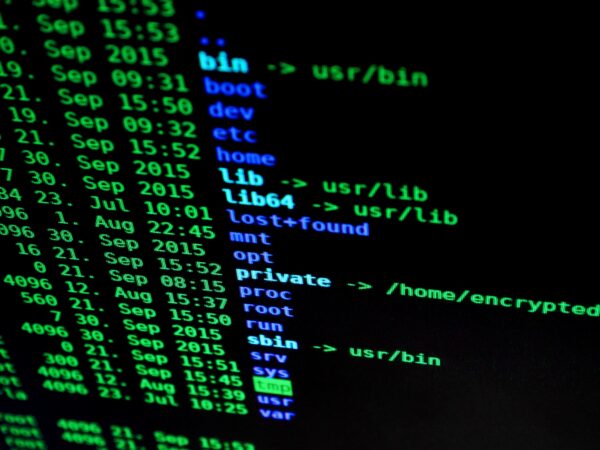
Throughout the world, phishing, ransomware and other types of cybersecurity attacks have risen as fast as the spread of coronavirus infection.
On top of securing networks, cloud services and office devices, organisations must continually emphasise security hygiene, said Mark du Plessis, managing director of Accenture Security.
User awareness of security hygiene is often forgotten. A lot of attention needs to be placed now on reminding the workforce on home user IT policies, such as not using unauthorised USB drives on office laptops and locking home networks with passwords, he said in an exclusive interview with Techgoondu.
Whether it is work or personal devices, anti-virus in laptops must also be installed. Basic passwords ought to be replaced with more complex ones.
“And don’t accept calls from people talking about Covid, they are likely to be scams,” warned du Plessis.
Security hygiene is important because of phishing attacks which allows an attacker to masquerade as a trusted entity to steal information. It is a common and effective attack because it masquerades as e-mail from a trusted entity.
Unsuspecting workers can be tricked into opening the e-mail, releasing malware which then surreptitiously trawls the network to steal credentials like passwords and login addresses.
“Phishing is the route of all evil. Once the malware gets into the network, they lay low and wait. They sniff the network traffic and get on to the workers’ laptops,” said du Plessis.
“They look for the local user administrators, cracking their passwords to infiltrate the rest of the network,” he added. “They are really prevalent and user education is a way to combat phishing.”
Various reports from other tech and security companies have also pointed out to the increase in cyber risks and hike in cyber attacks during Covid-19.
In a recent webinar, IBM highlighted that a bank in Egypt had to strengthen its network because staff had to access e-mail on their phones to reach 10 million customers. Otherwise, the network would have presented a big surface for illegal intrusions.
Recognising the cyber risks is only the start, organisations and the workforce must understand the implications for better protection, said Professor Lam Kwok Yan of Nanyang Technological University.
He highlighted in a EY Cybersecurity webcast last week that “phishing is on the rise and it has the potential to hamper public confidence in trusted e-services such as e-government and e-banking”.
Organisations are now cognisant of these risks. du Plessis observed that in the last five to six months, organisations have increased their security budgets as part of their efforts to manage the Covid-19 health crisis. “Budgets that weren’t there before are there now,” he said.
Organisations are introducing VPNs and multi-factor authentication for secure access to corporate networks, he noted. They are also moving their workloads to the cloud which can implement zero trust at scale, he added.
Zero Trust is a network security model, based on maintaining strict access controls and not trusting anyone by default.
Going forward, organisations must identify and protect their crown jewels, said du Plessis.
They can do this by monitoring the network traffic because unusual patterns often signal illegal activity, he advised. “Pay attention to what is going to and fro in the network, that’s where the attacks will emerge.”
Experts in general advise that organisations should also patch their VPNs which have known vulnerabilities. Besides, attackers often use VPN as a way to export stolen information, they note.
However, VPNs are always in use and cannot be shut down easily. du Plessis’ advice: power the networks down for a short time, except for the critical infrastructure that needs to run. Then the VPNs can be patched.






